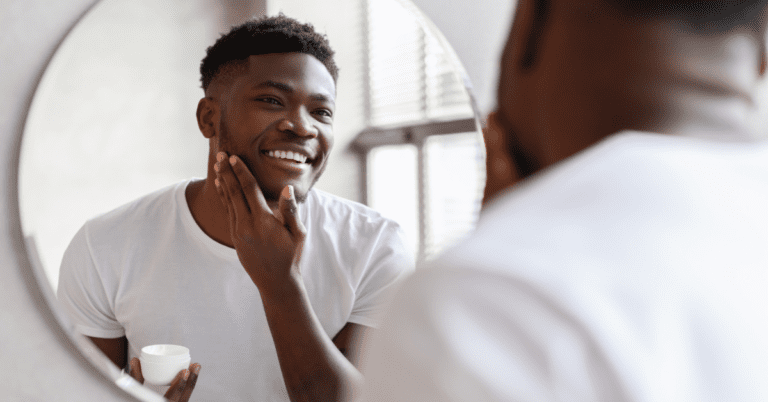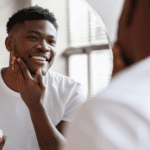Think your makeup is harmless? Think again! For those with chronic rhinosinusitis (CRS) and other sinus conditions, certain ingredients lurking in your cosmetics bag could be secretly fueling those frustrating flare-ups. Here’s the lowdown on how your beauty routine might be betraying your sinuses.
1. Fragrance Frenzy
Those lovely scents in your perfumes, lotions, and makeup can contain volatile organic compounds (VOCs) that irritate your nasal passages and trigger inflammation.
Solution: Opt for fragrance-free products, especially those applied near your face.
2. Preservative Problems
Preservatives like parabens and formaldehyde releasers (found in many cosmetics) can be irritating to sensitive sinuses.
Solution: Look for products with natural preservatives or those labeled “paraben-free.”
3. The Trouble with Talc
Talc, often found in powders and eyeshadows, can be irritating to the respiratory system if inhaled.
Solution: Choose talc-free alternatives or apply powders carefully to minimize inhalation.
4. Beware of Bismuth Oxychloride
This ingredient, commonly found in mineral makeup, can cause irritation and inflammation in some people.
Solution: Read labels carefully and avoid products containing bismuth oxychloride if you notice it triggers your symptoms.
5. Essential Oils: Not Always So Essential
While some essential oils can be soothing, others can be irritating to the sinuses.
Solution: Use essential oils with caution, especially around the face, and dilute them properly.
6. The "Comedogenic" Culprits
Comedogenic ingredients, those that clog pores, can also contribute to sinus problems by trapping bacteria and oil.
Solution: Choose non-comedogenic makeup and skincare products, especially if you have oily skin.
7. Dirty Brushes and Sponges
Makeup brushes and sponges can harbor bacteria and allergens that can trigger sinus flare-ups.
Solution: Clean your brushes and sponges regularly with a gentle cleanser.
8. Expired Products
Expired makeup and skincare products can become contaminated with bacteria and other irritants.
Solution: Check expiration dates and toss old products.
9. Sharing is NOT Caring
Sharing makeup, especially eye makeup, can spread bacteria and infections.
Solution: Never share your makeup with others.
If you notice your sinuses acting up after using a certain product, stop using it and see if your symptoms improve. By being mindful of the ingredients in your cosmetics and practicing good hygiene, you can create a beauty routine that’s kind to your sinuses and helps you keep those flare-ups at bay.
You Might Also Like:

Is Your “Waterproof” Sunscreen Lying to You? Unpacking the Truth About Sun Protection
As we slather on sunscreen, many of us reach for those bottles proudly proclaiming “waterproof” or “water resistant.” But have you ever stopped to wonder what those claims truly mean?

5 Skin Conditions Men Are More Susceptible To
In this article, we’ll break down five skin conditions men are more susceptible to, explain the science behind them, and share what can be done to prevent or manage them effectively.









